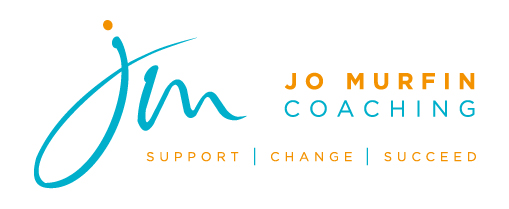
Interview preparation has four stages.
Planning
On the day
During the interview
After the interview
1. Planning
Know your worth and feel confident in your abilities
Strengths: Discover your strengths by thinking about something that has gone really well. Write down what you did, what was important to you about it and how you contributed to the success. Can you name three of your strengths you used? At the end of each day celebrate something that has gone well in the same way and write down three more of your strengths.
Self-belief: Identify what stops you from getting what you want. You could start by asking ‘how do I sabotage my own success?’ If your nerves get in the way, you could try some relaxing mindful techniques. If you lack confidence in your abilities, remind yourself of your strengths and your successes. Let go of any perceived gaps in knowledge, skills or experience and focus on what you have to offer.
Values: Find out about the organisation and key people. What interests you? What are your values and how do you demonstrate them in your approach to work? How do the organisation’s values align with your own? Is there anything you would like to ask about during the interview?
Questions: Relate your knowledge, skills and experience to the job you want. Look at the advert and job description and think of examples. You could use the STAR model:
Situation: Describe the situation.
Task: Explain your task and the goal.
Action: Provide details about the action you took to achieve this.
Result: Conclude with the result of your action.
Be prepared for questions exploring the things you find challenging. Consider how you frame your response. Explain how you recognised the challenge and the impact. Describe your actions to manage or resolve, demonstrating your ability to learn and grow.
Practise possible answers to questions out loud.
When invited, generally at the end of the interview, plan to ask questions about the role and organisation, for example ‘what is a typical day like?’ ‘what are the biggest challenges in this role?’
2. On the day
Get into a success mindset
In the morning: Start the day doing something you enjoy. Remember to eat and hydrate. Remind yourself of your strengths and what you have achieved. Check your technology or travel arrangements. Wear appropriate clothing, including for online interviews.
30 minutes before the start: Re-check your technology. Set your background if online. Know that feeling nervous is perfectly natural. Remind yourself of your strengths and what you have achieved. This will shift you to a positive mindset and help to manage your nerves.
If you have a positive mindset prior to the interview, for example ‘I am the right person for this job’, you are likely to feel calmer, well prepared and confident in your abilities.
Just before the start: Take three deep calming breaths. Remind yourself that you can do this. Smile.
3. During the interview
Present yourself in a positive way
Mindset: Your positive thoughts and calm feelings will enable you to present yourself in a confident way. Handling challenging questions will be easier and you will be able to demonstrate your willingness to grow and learn.
Body language: With a positive mindset your body language will be open, you are more likely to smile and make eye contact.
Breathe: If you forget the question or cannot think of an immediate answer, ask for a moment, breathe, then ask for the question to be repeated. For your answer, calmly think back to an example of when you have done something successfully before or how you would approach it as a new experience.
Remember to thank everyone for their time.
4. After the interview
Maintain your self-belief
Constructive reflection after an interview is a good learning opportunity. A short review helps you to summarise what went well, note any challenges and gives you the opportunity to consider the job as a fit for you.
You may wish to send a thank you email.
There can be a time delay before you receive the interview decision. Rather than spending this time focusing on the things you think went badly, remind yourself of what went well to maintain your positive self-belief.
To get support with interview preparation visit my Career Coaching page, click here Career Coaching – Jo Murfin Coaching
For more interview tips visit Reed.com, click here Interview tips: Our advice to help you ace the interview | reed.co.uk
